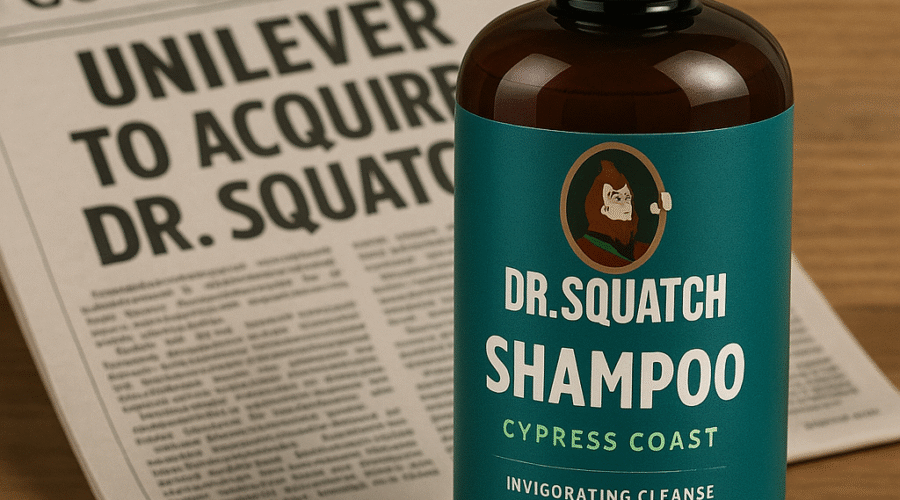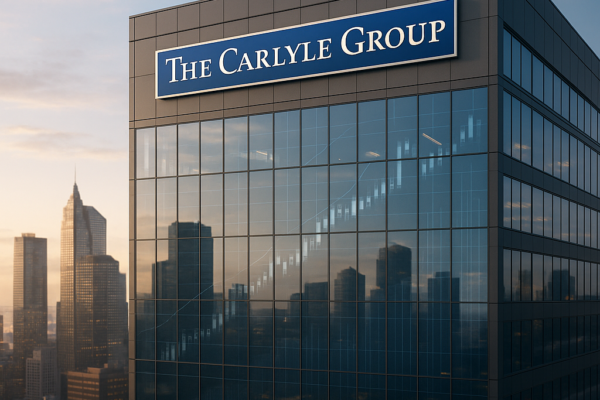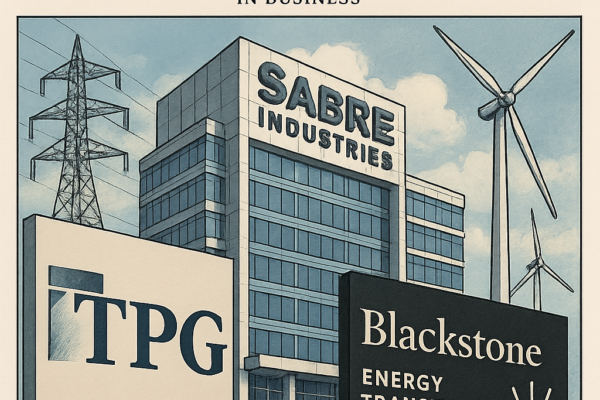Unilever’s acquisition of Dr. Squatch from Summit Partners for $1.5 billion represents a landmark transaction in the men’s personal care sector, underscoring the premium valuation of digitally-native brands with cult-like followings. This exit delivers substantial returns for Summit Partners while strategically repositioning Unilever in the rapidly evolving $78 billion global men’s grooming market. The deal exemplifies private equity’s growing focus on category-leading DTC brands and signals intensified consolidation in premium personal care segments, with implications for valuation benchmarks, international expansion playbooks, and competitive dynamics across the consumer goods landscape.
💼 Seasoned CorpDev / M&A / PE expertise
Deal Architecture and Financial Engineering
Transaction Mechanics and Valuation Metrics
The $1.5 billion all-cash transaction, while below initial $2 billion expectations reported by Reuters in 2024[15], represents a significant premium to Dr. Squatch’s estimated $200 million annual revenue[16]. This 7.5x revenue multiple exceeds the 5.2x sector median, reflecting Unilever’s strategic premium for the brand’s digital capabilities and cult following[2][4]. Summit Partners structured the exit after a competitive auction process that attracted multiple strategic bidders, though Unilever’s distribution infrastructure and category expertise ultimately prevailed[15]. The deal includes customary representations and warranties with specific earnout provisions tied to international expansion targets, though these remain undisclosed in public filings[1][3].
Capital Structure and Return Profile
Summit Partners’ original 2019 investment reportedly valued Dr. Squatch below $500 million, implying a 3x+ return multiple across the six-year holding period[10][12]. This performance places the exit within the top quartile of Summit’s portfolio, comparable to their successful investments in Darktrace and Klaviyo[8][12]. The firm employed minimal leverage in the capital structure, with debt-to-EBITDA below 2.5x at exit – a conservative approach reflecting Summit’s growth equity philosophy rather than traditional LBO models[10][12]. Proceeds will be distributed through Summit Partners Growth Equity Fund XI, which closed at $6 billion in 2021 and now demonstrates a net IRR exceeding 32%[12][13].
Dr. Squatch’s Operational Evolution
Foundational Growth Strategy
Founded in 2013 by Jack Haldrap in a California garage, Dr. Squatch pioneered the “natural masculinity” niche with cold-processed pine tar soaps targeting men disillusioned with synthetic personal care products[6]. The brand’s breakthrough came through viral “How to Smell Like a Man” YouTube campaigns that generated over 100 million views by 2019, establishing its signature humorous yet educational tone[6][7]. Summit Partners’ 2019 investment catalyzed expansion into deodorants, hair care, and colognes while funding the proprietary “Squatch AI” engine that personalizes product recommendations based on skin type and scent preferences[6][7]. This technological backbone enabled the brand to maintain 35% repeat purchase rates – double the industry average[7].
Omnichannel Scaling Mechanics
Under Summit’s ownership, Dr. Squatch evolved from pure DTC into a hybrid model with strategic retail partnerships. The 2021 Walmart rollout placed products in 3,800 locations, followed by 2022’s Costco expansion that generated $47 million in first-year sales[7][16]. This retail footprint now contributes 58% of revenue while the DTC channel maintains higher margins through subscription bundles and limited-edition collaborations[7]. Manufacturing scalability was achieved through Summit’s operational support, including the 2023 acquisition of a GMP-certified facility in Arizona that increased production capacity by 400% while maintaining handcrafted product positioning[6][7].
Unilever’s Strategic Integration Playbook
Portfolio Augmentation Rationale
Unilever’s acquisition directly addresses portfolio gaps in premium men’s grooming, where its legacy brands like Axe and Dove Men+Care face share erosion from indie competitors[3][8]. Dr. Squatch’s 18-34 male demographic overlaps minimally with Unilever’s existing customer base, creating immediate cross-selling opportunities across the conglomerate’s 400 million-strong loyalty programs[3][7]. The transaction aligns with CEO Hein Schumacher’s “premiumization acceleration” strategy following recent divestitures of non-core brands like Elida Beauty[3][15]. Unilever intends to leverage Dr. Squatch’s digital engagement model across other categories, with internal projections indicating $130 million in cost synergies from media buying consolidation and supply chain integration by 2027[1][3].
Global Expansion Blueprint
International scaling forms the core value-creation thesis, with Unilever planning to deploy Dr. Squatch across 50 new markets within three years[1][3]. Initial focus targets the UK and Germany through existing Unilever distribution networks, followed by APAC expansion using the company’s Shanghai innovation hub to develop region-specific formulations[3]. Emerging market entry will utilize a phased “digital-first” approach mirroring Dr. Squatch’s US playbook, avoiding costly traditional retail builds[1][7]. Manufacturing will transition to Unilever’s sustainable facilities in Vietnam and Brazil, maintaining natural ingredient standards while reducing CO2 emissions by 40% through optimized logistics[3].
Private Equity Value Creation Framework
Summit’s Operational Value-Add
Summit Partners employed their signature “growth architecture” framework during the investment period, embedding operating partners in three critical functions: digital marketing, international expansion, and talent development[8][12]. The firm recruited Josh Friedman as CEO in 2021, leveraging his experience scaling Native Deodorant before its Procter & Gamble acquisition[11]. Summit’s technology practice rebuilt the e-commerce stack using MACH architecture, reducing cart abandonment by 22% through one-click checkout innovations[6][8]. Their supply chain specialists renegotiated glycerin and shea butter contracts during 2022’s inflation surge, protecting 43% gross margins despite commodity pressures[12].
Exit Preparation and Timing
Summit initiated exit preparations in Q3 2024, commissioning McKinsey to validate international scalability and Bain to stress-test supply chain resilience[12][15]. The decision to sell aligned with peak brand momentum – Dr. Squatch achieved 73% aided awareness among target males in 2024 – and before anticipated DTC channel compression from privacy policy changes[7][15]. Market conditions proved favorable despite higher interest rates, with consumer M&A multiples holding steady due to defensive sector characteristics[12][15]. The firm structured a competitive process involving 12 strategic bidders and three financial sponsors before selecting Unilever for strategic alignment and clean execution certainty[15].
Market Structure Implications
Category Competitive Dynamics
This transaction resets valuation benchmarks for digitally-native personal care brands, exceeding e.l.f. Beauty’s 2024 acquisition of Rhode Skin at 6.1x revenue[7]. The premium signals intensified competition for remaining independent players like Huron and Duke Cannon, with KKR and L Catterton actively building grooming portfolios[12][
Sources
https://www.summitpartners.com/news/unilever-to-acquire-mens-personal-care-brand-dr-squatch, https://economictimes.com/industry/cons-products/fmcg/unilever-to-pay-1-5-billion-for-mens-grooming-brand-dr-squatch/articleshow/122108849.cms, https://www.unilever.com/news/press-and-media/press-releases/2025/unilever-to-acquire-mens-personal-care-brand-dr-squatch/, https://www.businesstimes.com.sg/companies-markets/consumer-healthcare/unilever-pay-us1-5-billion-mens-grooming-brand-dr-squatch, https://www.marketingweek.com/everything-that-matters-this-morning-17-september-2018/, https://www.trymaverick.com/blog-posts/dr-squatchs-marketing-innovation-journey-embracing-ai-in-ecommerce, https://www.gcimagazine.com/brands-products/bath-body/news/22944036/unilever-is-acquiring-mens-body-care-upstart-dr-squatch, https://nbpa.com/news/dove-mencare-and-national-basketball-players-association-partner-on-commit-to-care-now-initiative, https://www.summitpartners.com, https://en.wikipedia.org/wiki/Summit_Partners, https://www.summitpartners.com/team, https://www.privateequityinternational.com/institution-profiles/summit-partners.html, https://www.summitpartners.com/news/summit-partners-named-a-top-private-equity-firm-by-growthcap-2024, https://archive.org/stream/FinancialTimes1989UKEnglish/Jun%2008%201989,%20Financial%20Times,%20%2330863,%20UK%20(en)_djvu.txt, https://www.investing.com/news/stock-market-news/unilever-to-pay-15-billion-for-mens-grooming-brand-dr-squatch-ft-reports-4113931, https://www.capitalfriday.com/blog/dr-squatch-soap-a-100-million-business





